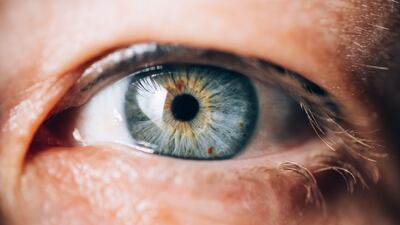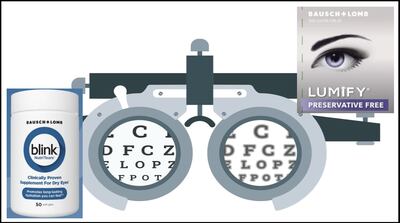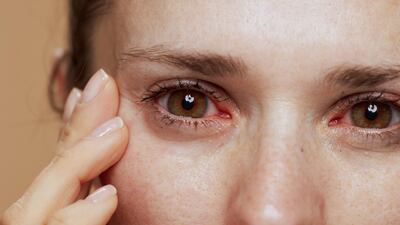Ophthalmic
Tarsus Pharmaceuticals is putting more sales and marketing heft behind its novel eyelid disease therapy, Xdemvy, to capitalize on a solid start in a previously untapped market.
Apotex has made another move to bolster its burgeoning branded business, striking a deal with Formosa Pharmaceuticals for Canadian rights to its novel clobetasol propionate ophthalmic suspension.
The group has stopped further development of the IL-17A inhibitor in hidradenitis suppurativa and psoriatic arthritis, and intends to pivot to a thyroid eye disease therapy.
The European Medicines Agency has started reviewing new marketing applications for 10 products, including Blenrep, GSK’s previously approved multiple myeloma drug that was withdrawn from the market, and vimseltinib, which could become the EU’s first oral treatment approved for TGCT.
The company said earlier this year that it would resubmit reproxalap for US FDA approval before the end of 2024 once it completed another Phase III trial and is eyeing both acute and chronic use.
Brimonidine tartrate eye drops remain key sales driver among Canadian firm’s consumer health lines with 12% growth in the latest quarter. B+L expects pending launch of preservative-free line extension to sustain Lumify as a driver as generics of original formulation are approved.
Sales of the Swiss group’s bispecific in retinal vein occlusion are forecast to increase out to 2030 as sales of Eylea and Lucentis fall.
Two orphan drugs are among a host of products that the European Medicines Agency’s human medicines committee has OKd for pan-EU approval.
Eisai/Biogen could this week learn whether the European Medicines Agency will give the thumbs up to market lecanemab across the EU for early Alzheimer’s disease.
Having relaunched Susvimo for wet AMD, Roche now has the ocular implant under FDA review for approval in two diabetic ophthalmic indications and presented two-year data in those settings.
The two biotechs each hope to offer an Eylea-sparing regimen to wet age-related macular degeneration patients with gene therapies that induce natural production of aflibercept.
The implantable eye treatment will be back on the market soon, but risk of eye infections and complications remain higher than with injectable treatments, meaning it will play second fiddle to Vabysmo.
In a major boost for the UK biotech sector, an impressive sum has been raised by Beacon Therapeutics to support its R&D activities in ophthalmic gene therapies.
The delayed decision from the CHMP is another rejection for Syfovre but Apellis still hopes the regulator may be convinced in a second review later this year.
With no approved therapies globally for Stargardt's, competition in the indication is increasing in Japan, where Kubota Vision is seeking for conditional approval for emixustat, while Belite Bio’s contender tinlarebant has received Sakigake designation as a local Phase III program continues.
Regeneron’s lynchpin US formulation patent for its Eylea 2mg appears to remain a thorn in the side for biosimilar sponsors, as Samsung Bioepis joins Biocon in being blocked from launching its US FDA-approved biosimilar to the near $6bn eye-disease biologic.
Vyluma’s eyedrop for treating myopia in children and Vertex’s next-generation triple combination treatment for cystic fibrosis are among the latest drugs that the European Medicines Agency has begun reviewing for potential EU marketing approval.
The company will take on Novo Nordisk in reviving the CB1 inhibitor mechanism to develop a more tolerable long-term weight loss drug, after exiting ophthalmology.
Oculis’s licaminlimab showed ability to treat a sign of dry eye disease in a genetic subpopulation, but data in the fuller Phase IIb trial enrollment were less impressive.
Outlook Therapeutics has revealed more details of its European launch strategy for its Lytenava ophthalmic bevacizumab following the product’s formal European Commission approval.
ADVERTISEMENT



















